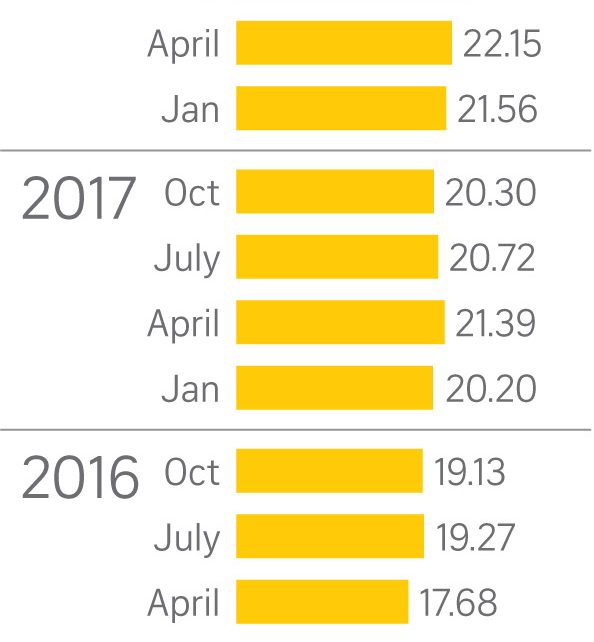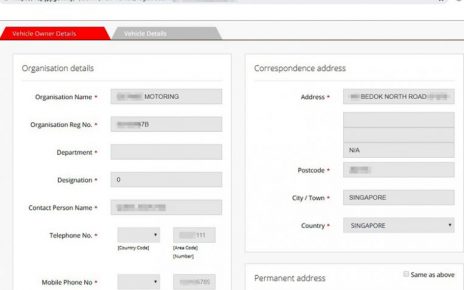Electricity prices for households and businesses powered by the SP Group will go up by an average of 6.4 per cent from tomorrow as the tariff hits the highest level in five years.
For these households, electricity charges for the third quarter will go up from 22.79 cents per kilowatt hour (kWh) to 24.22 cents, if the goods and services tax (GST) is excluded – the highest since the fourth quarter of 2014 when it was 25.28 cents before GST.
The average monthly bill for a family in a four-room Housing Board flat, still tied to the SP Group, will go up by $5.20.
The hike is likely to make it more attractive for households and businesses to switch electricity retailers, since the Open Electricity Market (OEM) was progressively launched from November last year.
Households and businesses using less than 2,000kWh a month can choose one of 13 retailers, while big power users have more choice – 22 retailers – with most of them charging between 20 and 30 per cent less than the SP Group’s regulated tariff.
Some retailers also claim that their plans are more environmentally friendly as the power is generated in part from solar energy. Many also offer perks and freebies to entice consumers to switch providers.
SP Group reviews tariffs quarterly, based on guidelines set by the Energy Market Authority (EMA), which approved the new pricing. A key determinant of the tariff is the cost of natural gas used to generate electricity.
One of SP Group’s competitors is Sembcorp Power, whose spokesman said almost 60,000 households from across Singapore have signed up with the retailer.
“As SP Group’s tariffs increase, this would make it even more compelling for households and businesses to want to switch to get great savings,” the spokesman added.
Sembcorp Power sells electricity that it generates itself from its power plants and about 1,500 solar panels across Singapore.
-
HOW AVERAGE MONTHLY BILLS WILL CHANGE
-
Three-room HDB flat: From $62.45 to $66.37
Five-room HDB flat: From $96.39 to $102.44
Terraced house: From $198.73 to $211.20
Source: SP Group
Other retailers which do not own power plants buy their electricity in bulk directly from power-generating companies and resell it to consumers.
Professor Subodh Mhaisalkar, executive director of the Energy Research Institute at the Nanyang Technological University, said that the electricity tariff hike does not directly affect retailers under the OEM scheme or their customers.
This is because retailers either generate their own electricity or buy it in bulk directly from power-generating companies and not from SP Group.
Many have also locked prices in for one or two years with contracts offered to their customers, so households already under such deals will not be affected.
He said the hike is not linked to the OEM initiative but added that price fluctuations in the global energy market, which are driving the tariff hikes, have been more significant this year compared with the past four to five years, when changes were more incremental.
Trade tensions and geopolitical issues may have contributed to the fluctuations, Prof Subodh said.
In a related development yesterday, City Gas announced that gas prices will rise by 1.6 per cent.
The gas tariff increase of 0.3 cent per kWh means households will have to pay 19.1 cents per kWh, up from the 18.8 cents in the second quarter.
SP Group and City Gas, a trustee of City Gas Trust, said that the hikes are in response to higher natural gas and fuel prices.
Tariffs are reviewed by City Gas based on EMA guidelines.



